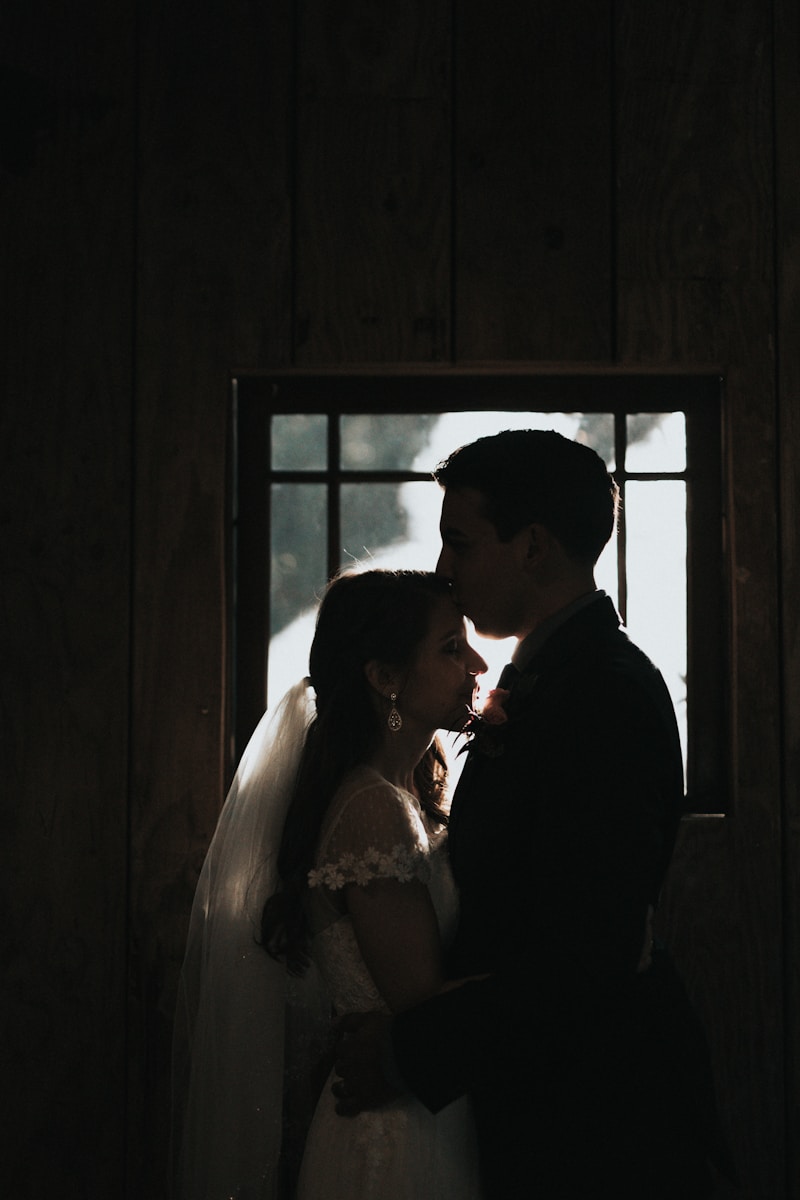The Impact of Silhouette on Comfort Levels: Understanding Fashion and Fit
The Influence of Silhouette on Comfort Levels
In the ever-evolving world of fashion, comfort is not merely an afterthought; it is a fundamental characteristic that many consumers value highly. When we discuss comfort, one essential aspect that often comes into play is the silhouette. The silhouette of clothing significantly influences how comfortable an individual feels while wearing it, impacting their confidence and overall aesthetic appeal. This article delves into the intricate relationship between silhouette and comfort levels, offering insights on how to choose the right silhouette to enhance comfort.
What is Silhouette?
The silhouette refers to the overall shape and form of a garment as it appears on the body. This includes elements like the cut, length, and lines that define how the clothing interacts with the wearer's figure. Various silhouettes can be found in different styles of clothing; for example, A-line dresses, tailored suits, and oversized sweaters each present distinct shapes that can enhance or hinder comfort.
Different Types of Silhouettes
Understanding various silhouettes can aid consumers in making more informed choices about comfort and fit. Here is a brief overview of common types of silhouettes:
| Silhouette Type | Description | Best For |
| A-Line | Flares out from the waist, creating a triangular shape. | All body types; enhances curves. |
| Empire | Features a high waistline with a flowing skirt. | Petite individuals; emphasizes the bust. |
| Straight | Sits snugly against the body without flaring. | Tall and lean individuals; minimalist aesthetics. |
| Boxy | Features a loose shape with little definition. | Casual wear; ideal for layering. |
| Oversized | Intentionally large and roomy garments. | Comfort-seeking individuals; relaxed style. |
How Silhouette Affects Comfort Levels
The relationship between a garment’s silhouette and comfort levels is multifaceted. Here are a few key ways in which silhouette influences comfort:
1. Mobility
The ideal silhouette allows freedom of movement. For instance, an A-line dress or an oversized sweater offers more room for the body to move compared to a fitted pencil skirt. When selecting clothing, consider how the silhouette permits activities like walking, sitting, or bending.
2. Temperature Regulation
The overall shape of clothing can also influence body temperature. Loose silhouettes allow for better air circulation, helping to regulate heat during warmer seasons. Conversely, a snug silhouette may retain warmth in cooler climates. Therefore, considering the climate alongside silhouette is crucial for comfort.
3. Psychological Comfort
Silhouette can affect an individual's self-esteem and psychological comfort. Wearing clothes that complement one's body shape can lead to increased confidence. For instance, someone who feels confident in an A-line silhouette may experience greater comfort mentally and emotionally than if they were wearing a silhouette that does not flatter their body type.
The Role of Fabric in Comfort
While the silhouette is pivotal in comfort, it is essential to consider the fabric. Even the most flattering silhouette can result in discomfort if made from unsuitable material. Fabrics such as cotton, linen, and jersey offer breathability and flexibility, enhancing comfort levels significantly. Here’s a quick look at how different fabrics affect silhouette and comfort:
| Fabric Type | Characteristics | Comfort Levels |
| Cotton | Soft, breathable, and easy to maintain. | High; ideal for casual silhouettes. |
| Silk | Lustrous and smooth; drapes beautifully. | Moderate; may require special care. |
| Wool | Warm and insulating; great for structured silhouettes. | High in cold weather; moderate in warmth. |
| Polyester | Durable and wrinkle-resistant; holds shape well. | Variable; often less breathable. |
Choosing the Right Silhouette for Your Body Type
Understanding one's body type is critical for selecting silhouettes that enhance comfort levels. Here are some tips for choosing the right silhouette based on body shape:
1. Hourglass
For hourglass figures, silhouettes that define the waist, such as fitted dresses or peplum tops, are ideal. These enhance curves while providing a flattering fit around the body.
2. Pear-Shaped
Pear-shaped individuals may benefit from A-line skirts and tops that emphasize the shoulders. This silhouette draws attention upwards, balancing out wider hips.
3. Athletic
Athletic body types can explore draped silhouettes or layered looks. Oversized clothing can add volume and dimension, creating a softer appearance.
4. Apple-Shaped
For apple-shaped bodies, opting for looser silhouettes with Empire waists can help disguise the midsection while providing comfort. Flowy fabrics can increase both comfort and style.
Comfort Across Different Occasions
Different situations may call for various silhouettes based on the comfort levels required. Below are examples of how silhouette influences comfort across occasions:
- Work Attire: Tailored silhouettes promote professionalism while maintaining comfort through breathable fabrics.
- Casual Outings: Flowy or oversized silhouettes are perfect for relaxed days, allowing for unrestrictive movement.
- Formal Events: Structured silhouettes like mermaid gowns offer elegance but may balance comfort with the right fit.
- Activewear: Sports-specific silhouettes that accommodate movement are essential for comfort during workouts.
Conclusion: Embracing the Right Silhouette for Maximum Comfort
In conclusion, the influence of silhouette on comfort levels cannot be overstated. A well-considered silhouette aligns with not just your body type but also your lifestyle, fabric choices, and emotional comfort. The next time you shop for clothing, remember the vital role that silhouette plays in your overall comfort and style.
As trends continue to change, keep in mind the significance of both comfort and aesthetic appeal. It is essential to choose silhouettes that resonate with you personally, allowing you to express your individuality while feeling comfortable. Happy styling!
